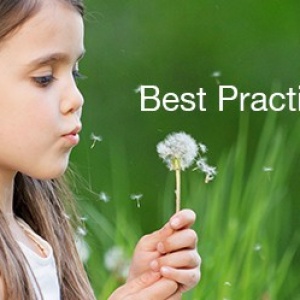'It takes a lot to build trust.' A report by the Children's Commissioner.

'It takes a lot to build trust' – a report published recently for the Office of the Children's Commissioner for England – was prompted by concerns to improve access to protection and support for children and young people who are at risk of harm.
The Munro Review of Child Protection (2011) – which this report follows on from – argued that a child or young person's journey from experiencing problems to getting effective help should be at the heart of the child protection system. Their solution focused on the importance of an offer of early help for the child or young person, and their families.
The Munro Review pointed to the importance of early help because it can reach out both to children whose abuse has not yet been brought to the attention of protection services, and to those whose situation does not meet the threshold for statutory intervention. The recent report for the Children's Commissioner – entitled Recognition and Telling: Developing Earlier Routes to Help for Children and Young People – was based on Munro's premise that children's and young people's perspectives on the recognition of abuse and neglect, and their perspectives on telling people about it, would assist in the identification of improved protection services.
The key findings of the Children's Commissioner are:
- The ability of children and young people to recognise their abuse or neglect is linked with increasing age. Recognition starts with an emotional awareness that things are not right, before the child is able to articulate the problem to themselves, and then others
- Children or young people most often came to the attention of protection services through their behaviour or demeanour, rather than through disclosure of abuse
- It is important for professionals to notice the signs of abuse or neglect at an early age, and not wait until the child or young person is ready to talk about it to others
- A risk of a professional's reliance on verbal telling is that a child or young person's silence means that abuse is not acted upon
- If a trusted professional responds sensitively and shows concern, the child is more likely to begin talking about their problems
- Teachers and youth workers are particularly important, being someone a child or young person can trust and talk to about their problems.
These findings will be used to develop a framework for understanding recognition, telling others and getting help from a child or young person's perspective. The Children's Commissioner aims to use this framework to help practitioners to be mindful of how children or young people weigh up the advantages and disadvantages of talking about abuse.
To help you promote a culture of vigilance in your organisation, please take advantage of our online learning services containing various safeguarding and duty of care courses.
For full details of our range of essential learning courses please visit our website shop.
Read the full report by the Children's Commissioner here.
Return to news